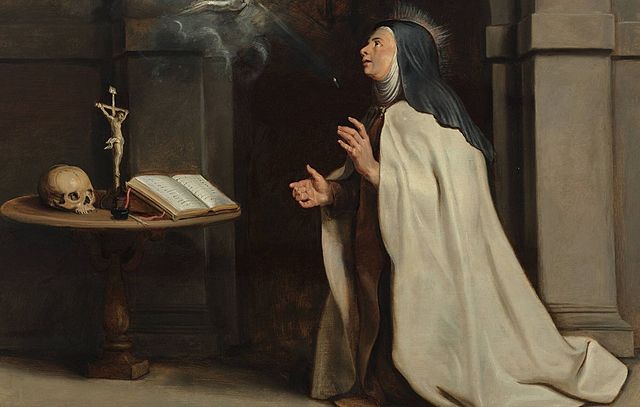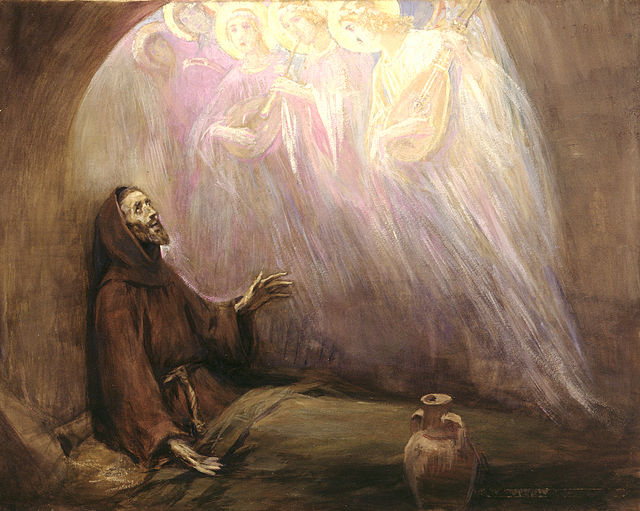Infinite photos and videos for every Wiki article ·
Find something interesting to watch in seconds
Great Artists
Countries of the World
Celebrities
Wonders of Nature
Supercars
Great Museums
Crown Jewels
Famous Castles
British Monarchs
Largest Palaces
Largest Empires
Tallest Buildings
Orders and Medals
Kings of France
Animals
Wars and Battles
History by Country
World Banknotes
Richest US Counties
Presidents
Rare Coins
Great Cities
Best Campuses
Sports
Ancient Marvels
Recovered Treasures
more top lists








